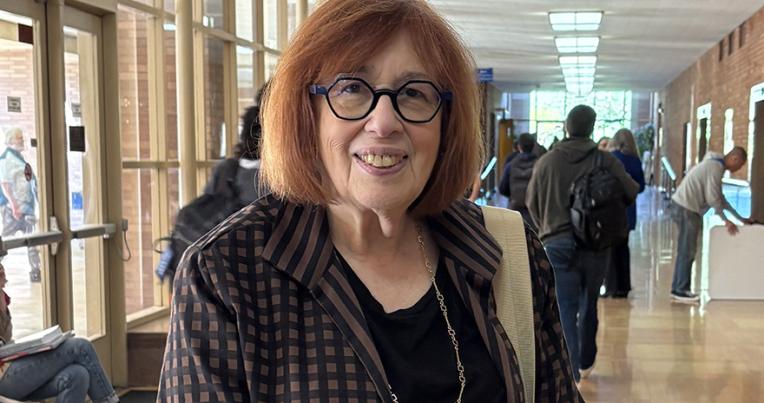Kaul v. Urmanski
Case: Kaul v. Urmanski
Court: Wisconsin Supreme Court
Citation: 417 Wis.2d 257
Holding: The Wisconsin Supreme Court held that the state’s1849 criminal abortion law is impliedly repealed by subsequent legislation and does not ban abortion in the state. In a concurrence, Chief Justice Karofsky agrees with the decision and additionally examines the history of abortion laws in the United States and the real-world consequences that would flow from interpreting a 175-year-old law to ban abortion.
Claims: 1) The 1849 law is properly interpreted to ban feticide, not abortion, and 2) As to abortion, the 1840 law is impliedly repealed by decades of subsequent state laws regulating abortion.
Key Reasoning: In addition to agreeing with the majority holding and analysis, Justice Karofsky’s concurrence examines the history of abortion in the United States and highlights real-world stories to caution that “[e]xtreme abortion restrictions revive a time in our history driven by misogyny and racism, divorced from medical science; it is a world that must be left behind.” 417 Wis.2d 257, 294 (Karofsky, C.J., concurring). In her opinion, the Chief Justice summarizes historical scholarship documenting that at “our country’s founding, abortions were widely available” and the “general sentiment of the time was that women who were not enslaved had complete autonomy over the decision to obtain an abortion.” Id. at 284. In acknowledging that enslaved women were denied the equal status and rights of white women, the concurrence emphasizes, “it is important to recognize that there is no one legal history of abortion that is shared by all women irrespective of race.” Id. at n.4. The opinion also recounts the professional and ideological campaigns fueled by sexism and “animus toward female medical practitioners like midwives, many of whom were Black and Indigenous” that spurred passage of state abortion laws like the one in Wisconsin. Further, the Chief Justice vividly recounts tragic stories of real women who died, both before and after Dobbs, because of state laws making abortion illegal or inaccessible, “in the hope that Wisconsin’s legacy may remain on the side of history that values the health and well-being of all people.” Id. at 284.
